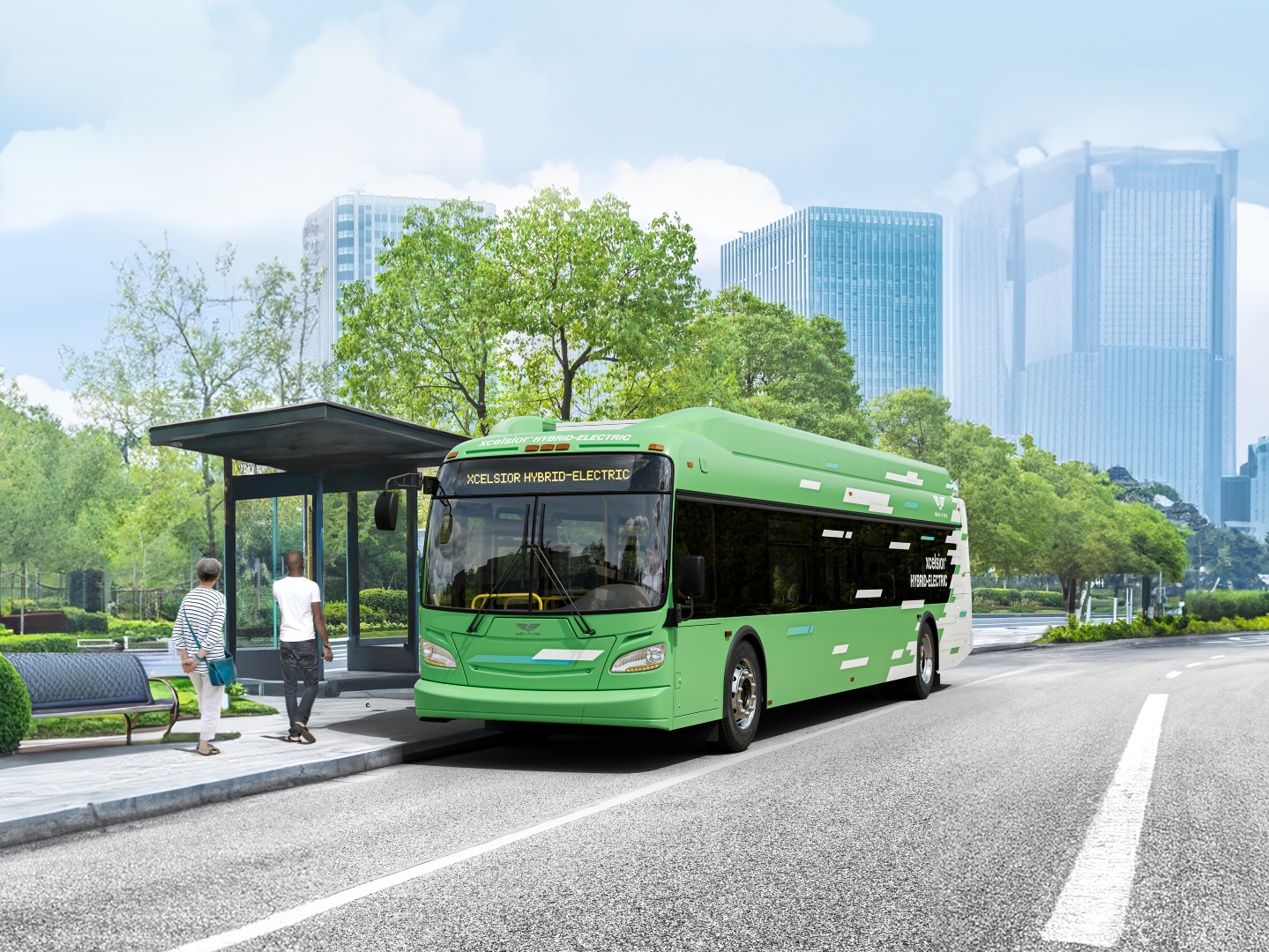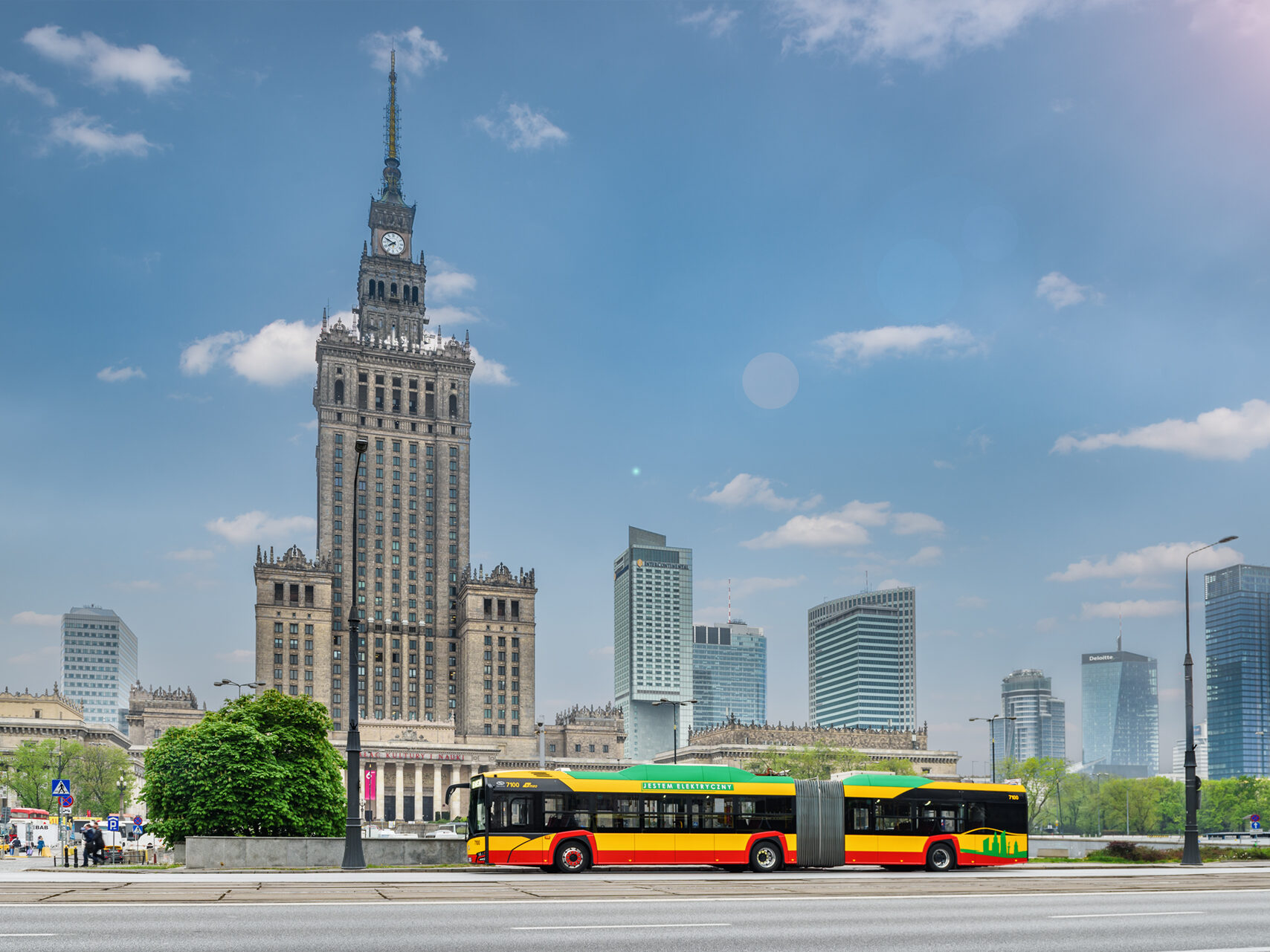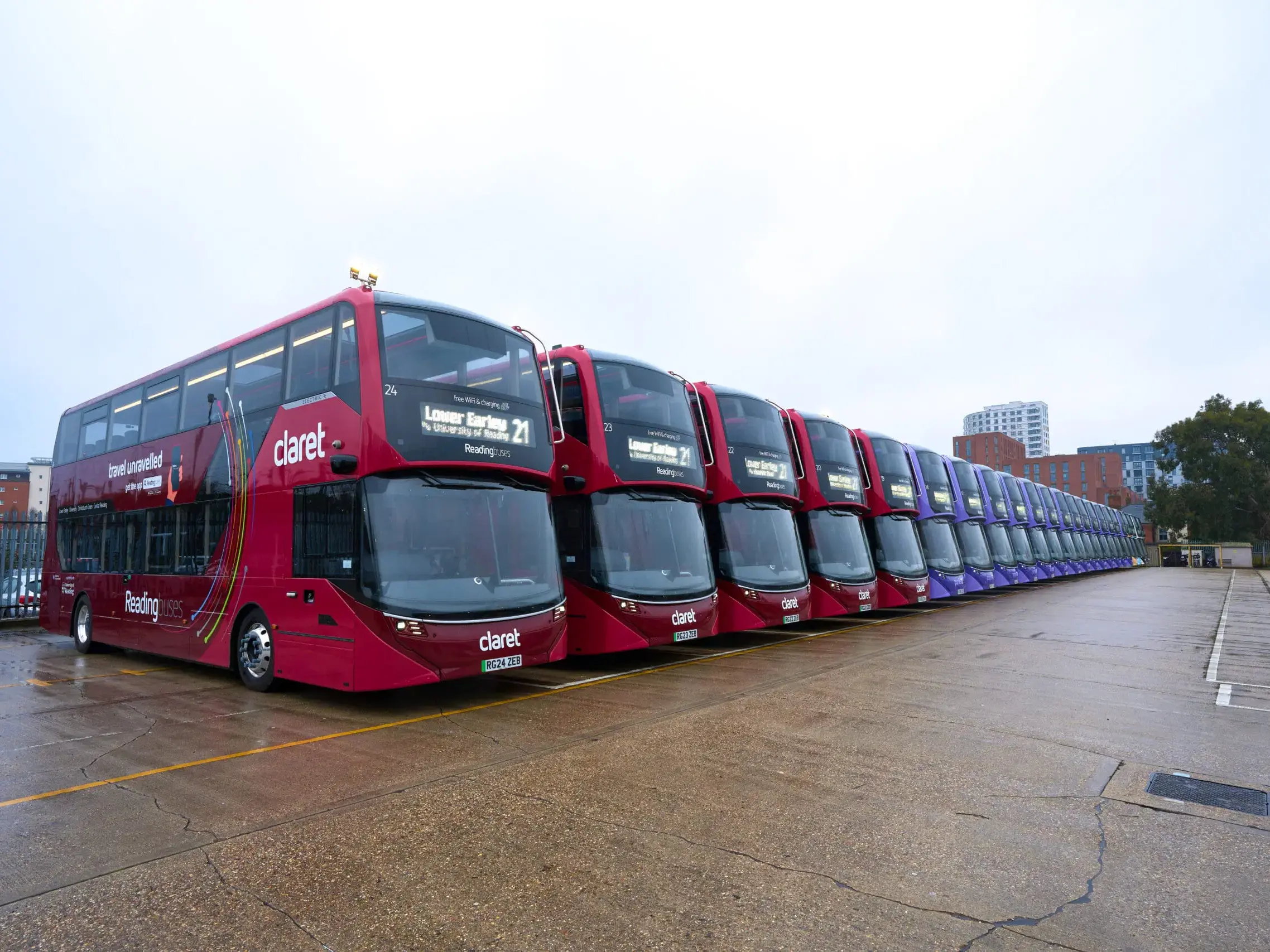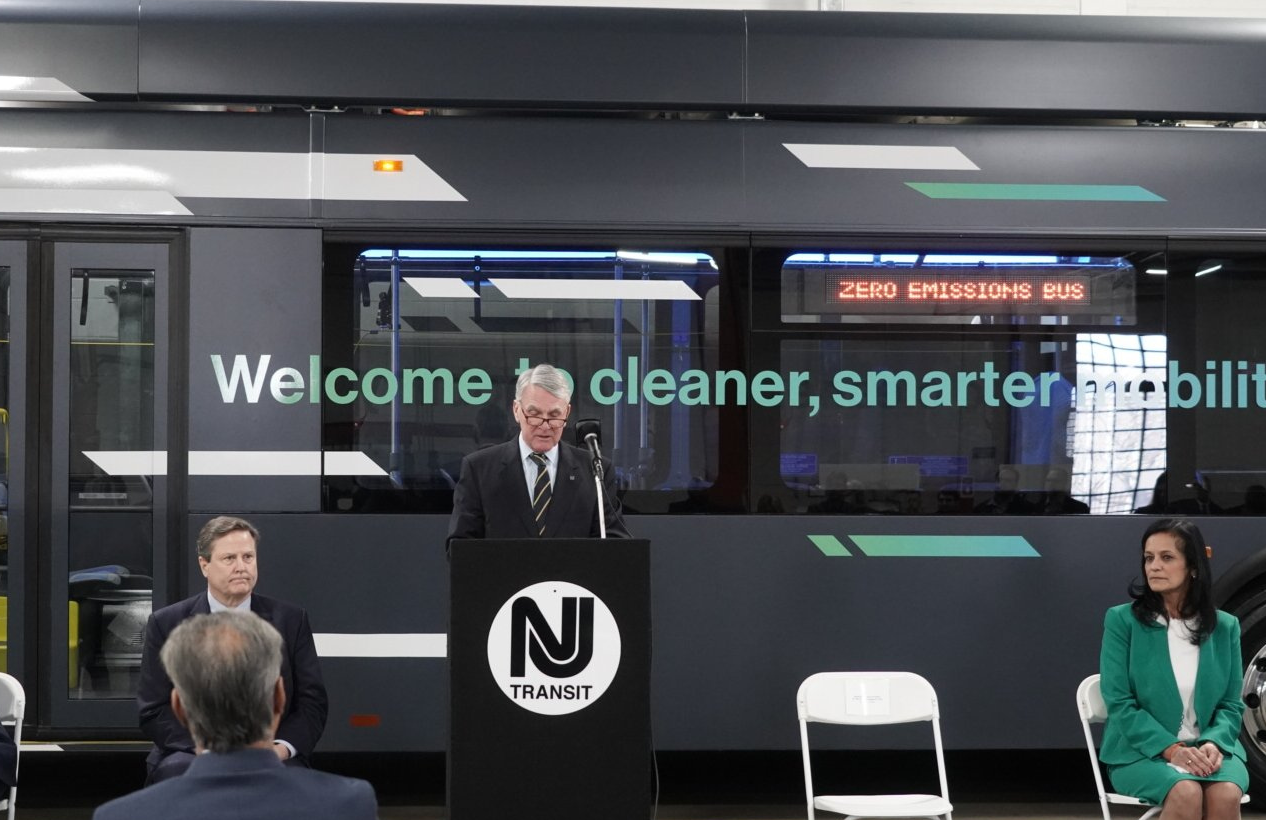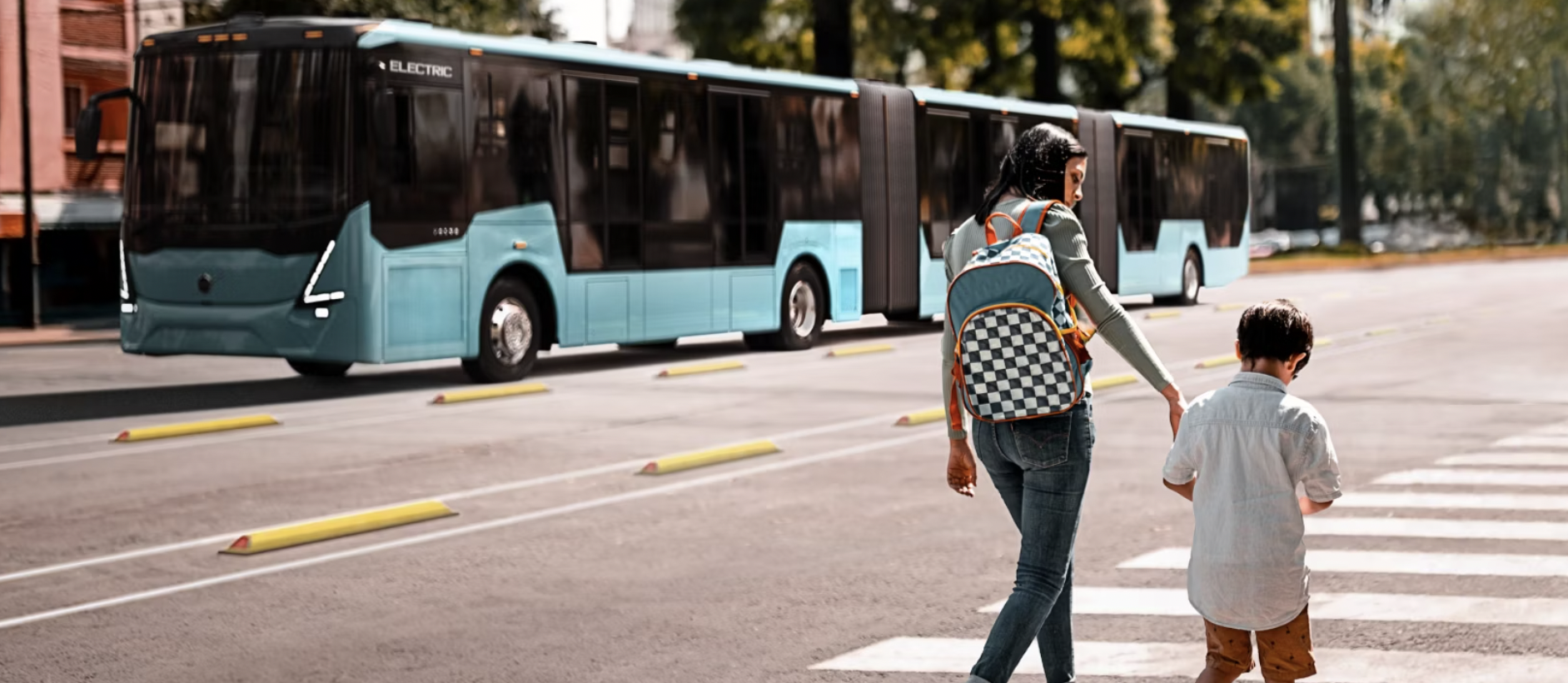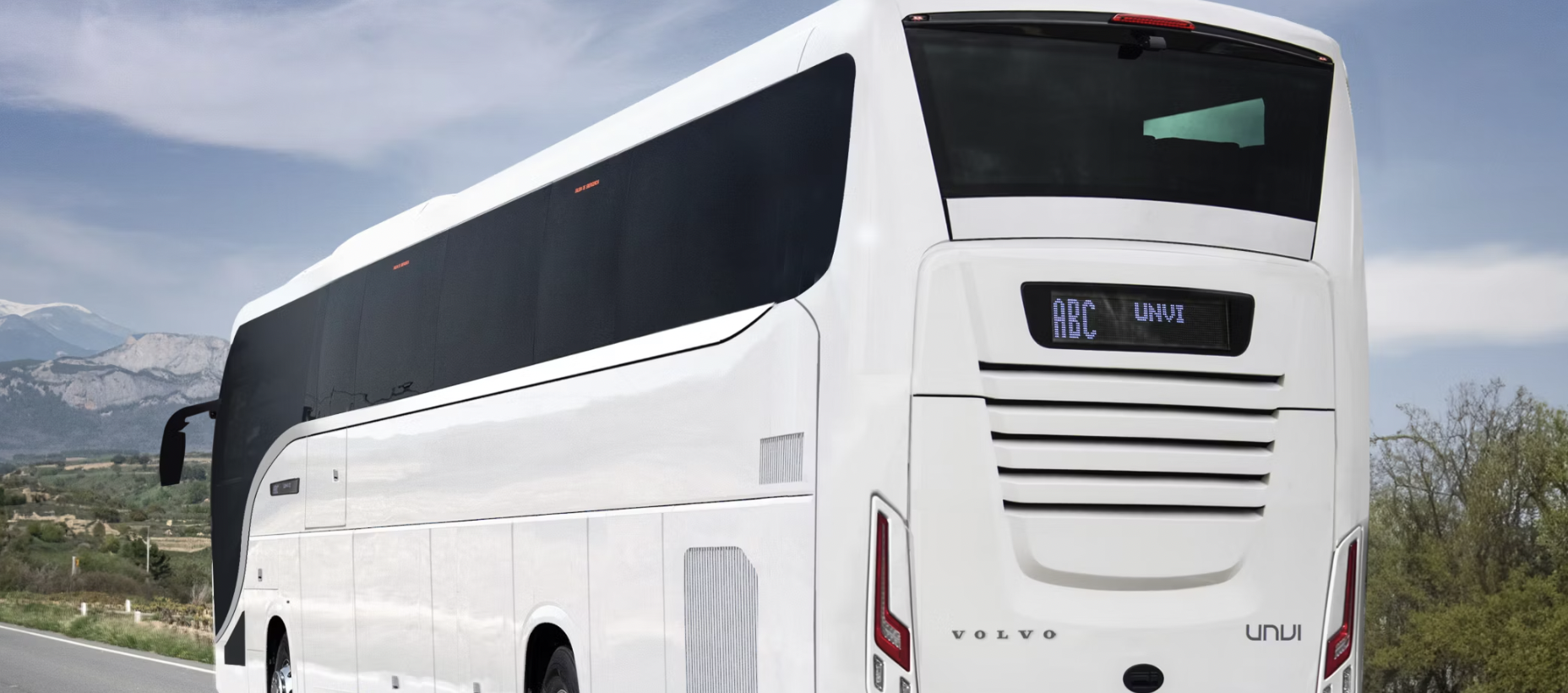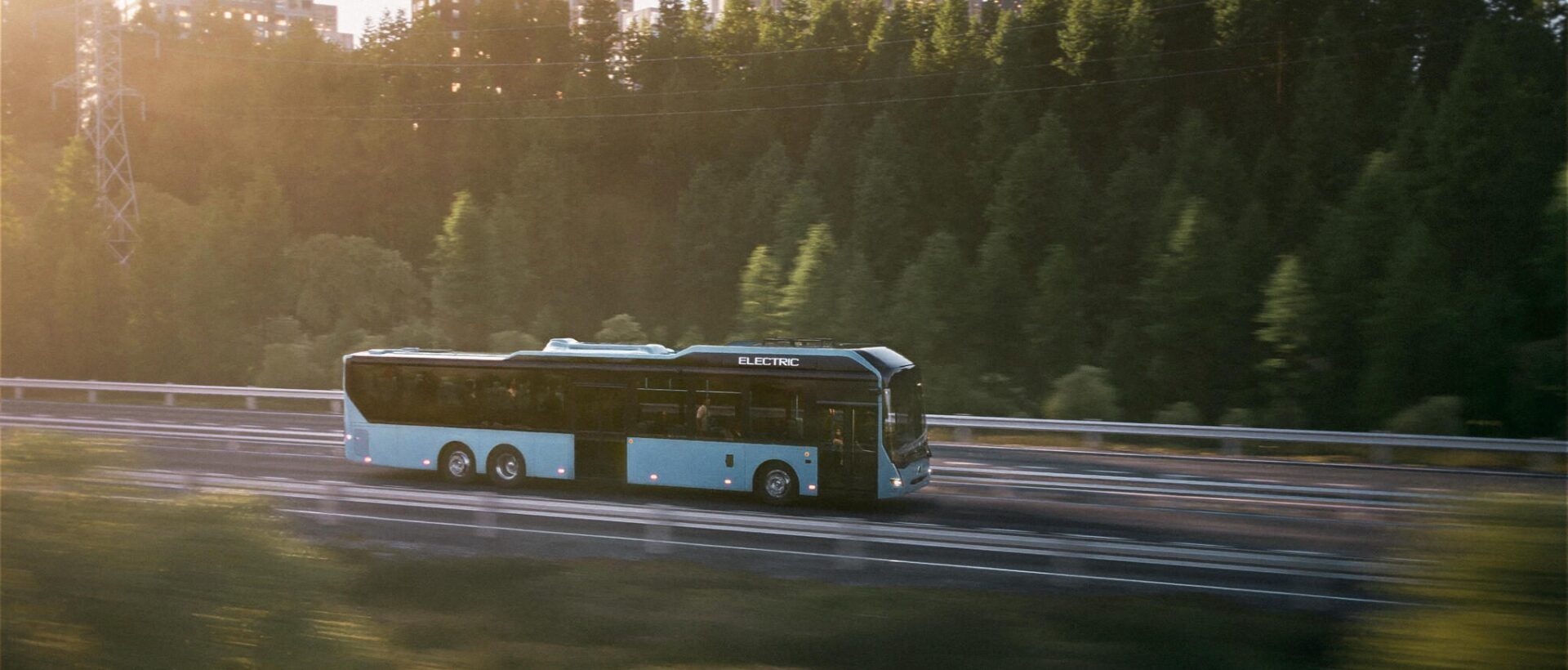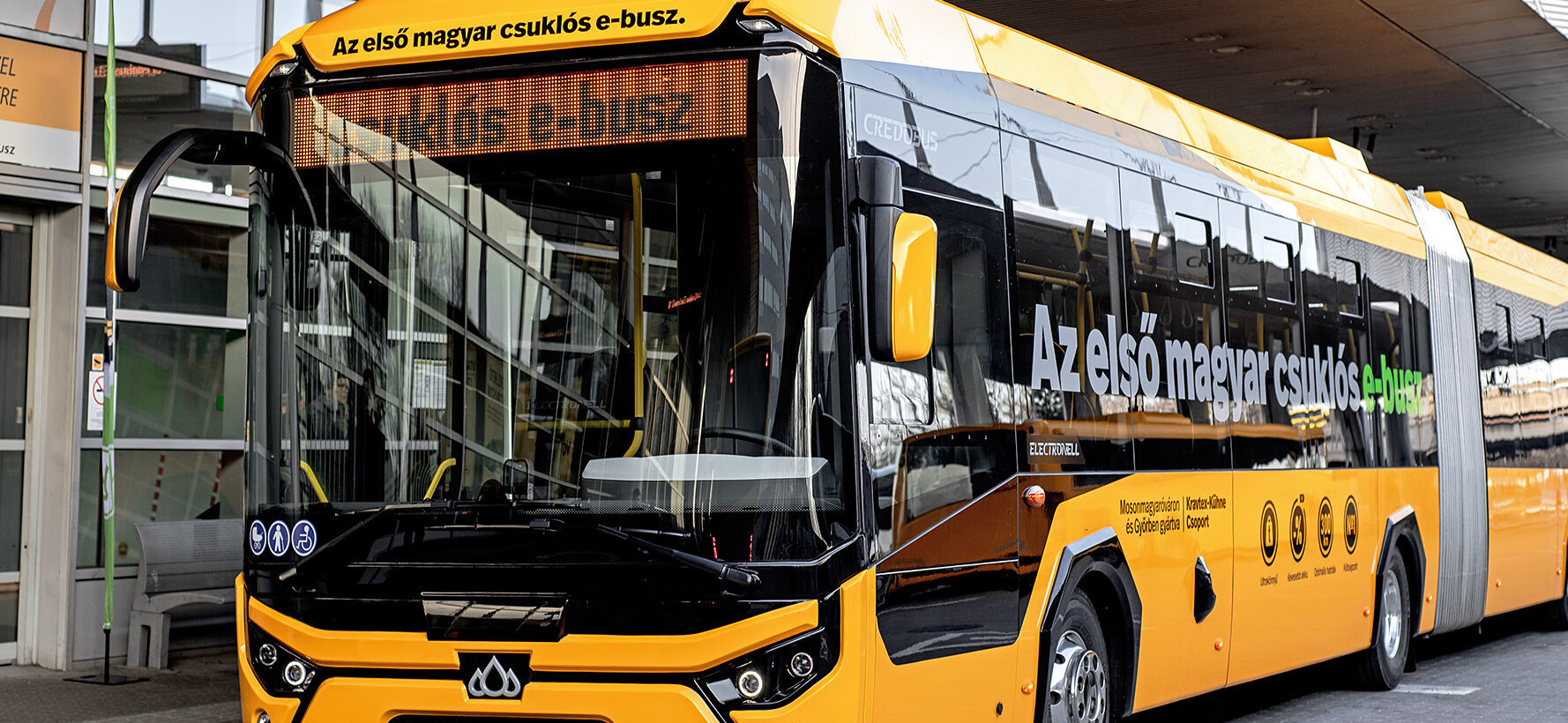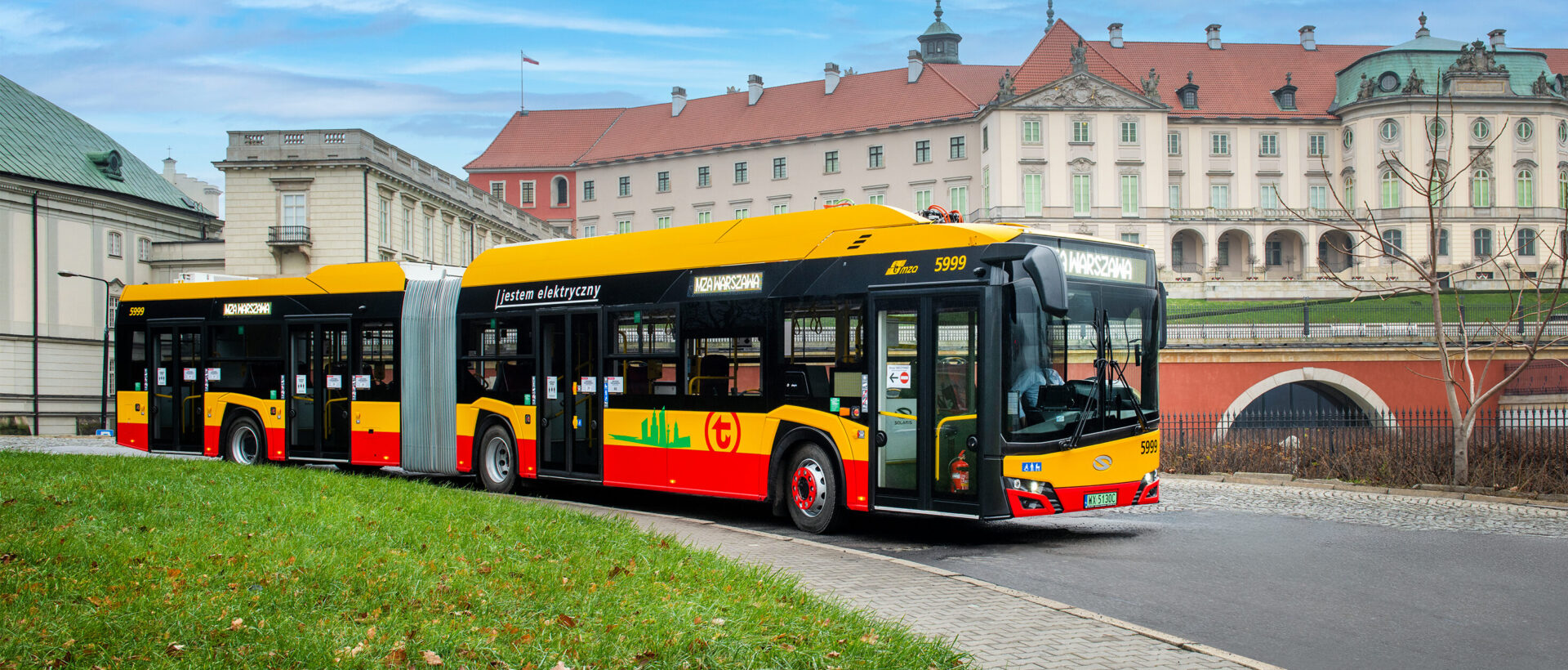Volvo Buses has commenced production of its electric articulated and bi-articulated bus chassis at its plant in Curitiba, Brazil.
The model, known as the Volvo BZRT, is available in both articulated and bi-articulated formats and is designed to support high-capacity urban transport systems, particularly Bus Rapid Transit (BRT) networks.
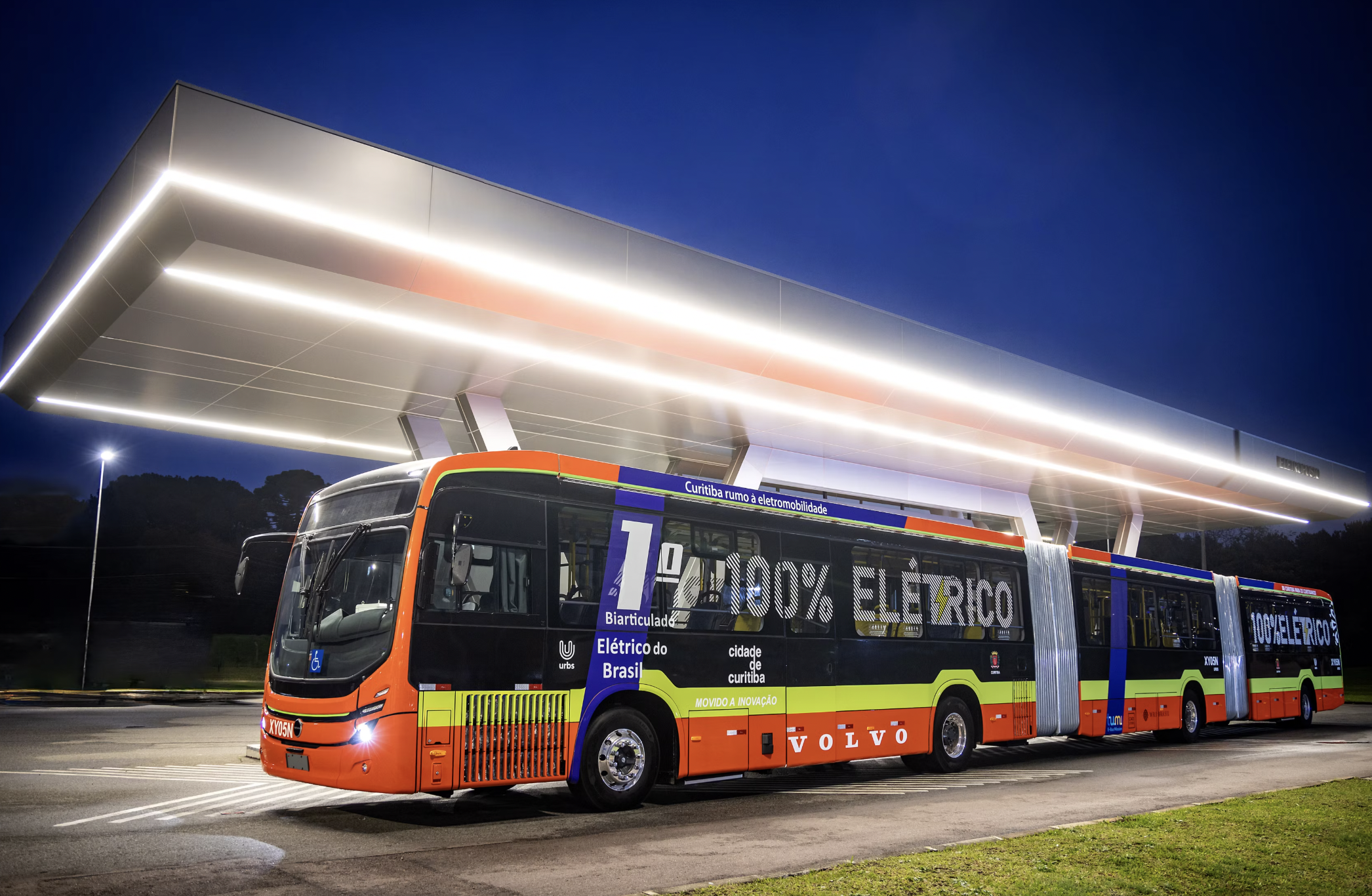
The electric bi-articulated version measures 28 metres in length and can accommodate up to 250 passengers. The model is intended to deliver high passenger throughput with lower infrastructure and operational costs compared to rail-based transport options.
Alexandre Selski, Director of Electromobility, Volvo Buses Latin America said:We have combined the attributes of our conventional articulated and bi-articulated buses, renowned worldwide, with the advantages of the most advanced electric technology from the Volvo Group to ensure quality and reliability.
Production of the BZRT chassis in Brazil enables Volvo to supply electric vehicles for BRT systems in global markets, in line with its wider electrification strategy.
The bus is powered by two 200kW electric motors (400kW total), paired with a two-speed automated transmission derived from the Volvo I-Shift system. The chassis supports up to eight battery packs, with a combined capacity of 720kWh. Depending on the charging equipment used, full recharging can take between two and four hours.
Batteries are positioned under the floor, allowing for a level interior layout to ease passenger movement and access, supporting consistent flow within high-demand corridors.
The BZRT also incorporates several active safety systems. These include cameras and sensors to help detect other road users in blind spots, as well as forward-facing technologies to monitor traffic signs and speed limits.
In addition, the chassis is fitted with Volvo Dynamic Steering (VDS), a system designed to improve directional stability and reduce the physical effort required from the driver.











